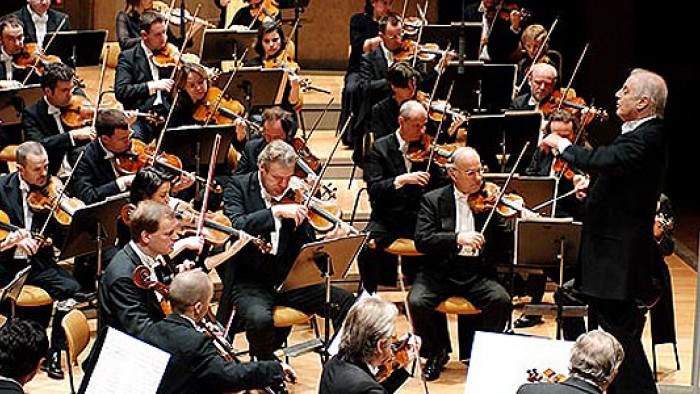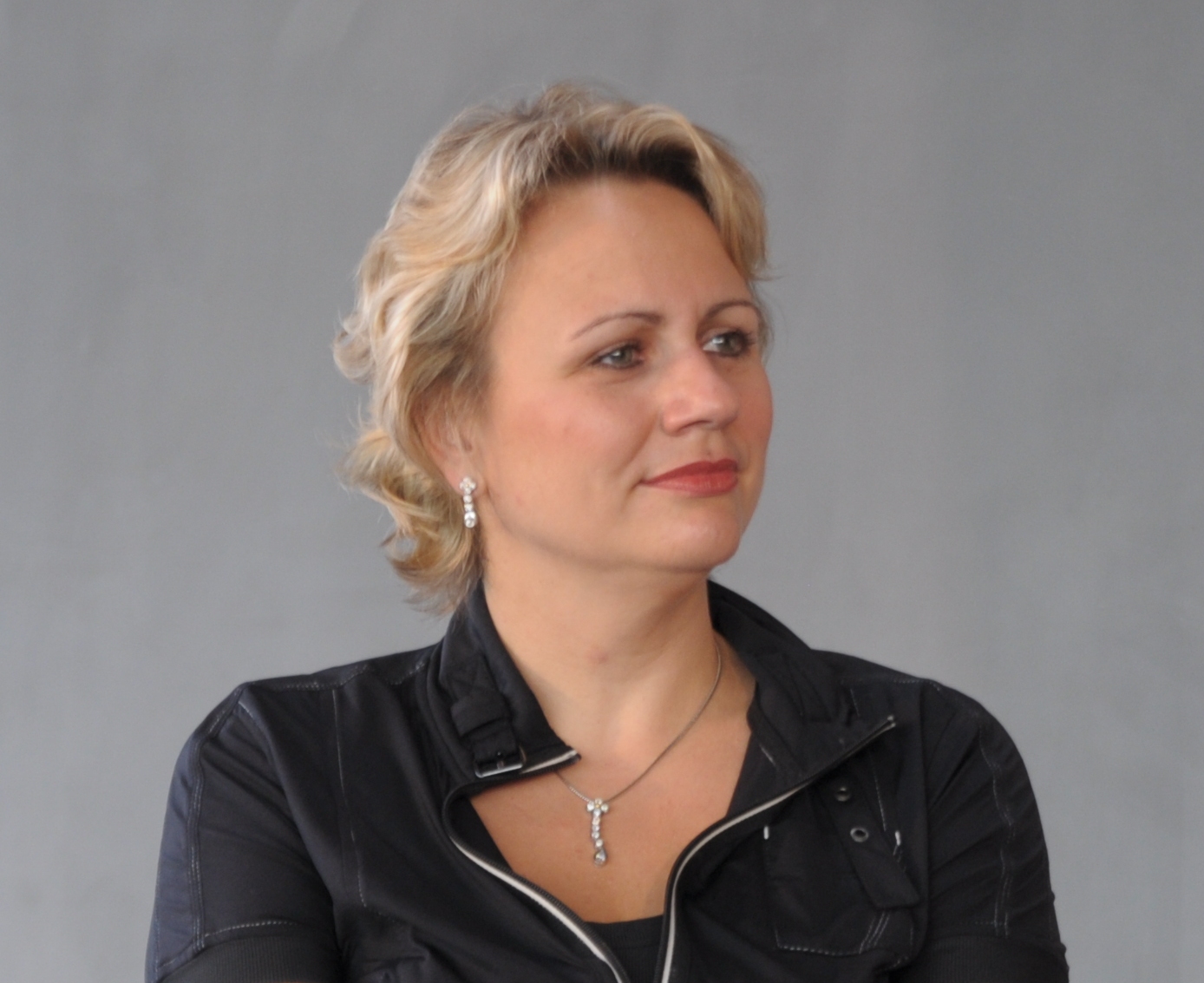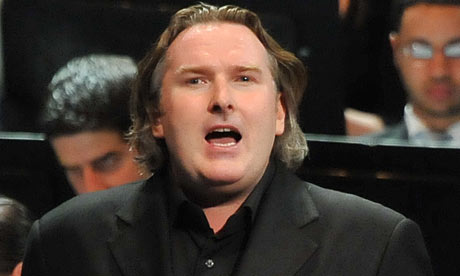Lance Ryan tenor (Siegfried)
Nina Stemme soprano (Brünnhilde)
Terje Stensvold baritone (Wanderer)
Peter Bronder tenor (Mime)
Johannes Martin Kränzle baritone (Alberich)
Eric Halfvarson bass (Fafner)
Rinnat Moriah soprano (Woodbird)
Anna Larsson mezzo-soprano (Erda)
Staatskapelle Berlin
Daniel Barenboim conductor
Nina Stemme soprano (Brünnhilde)
Terje Stensvold baritone (Wanderer)
Peter Bronder tenor (Mime)
Johannes Martin Kränzle baritone (Alberich)
Eric Halfvarson bass (Fafner)
Rinnat Moriah soprano (Woodbird)
Anna Larsson mezzo-soprano (Erda)
Staatskapelle Berlin
Daniel Barenboim conductor
Royal Albert Hall, London, 26 July 2013
*************************
Daniel Barenboim's sure hand on this first complete Ring at the Proms continued with an engrossing Siegfried.
The driving force in this came from dramatically compelling performances from Canadian heldentenor Lance Ryan, as the young hero Siegfried who does not know the meaning of fear, and Peter Bronder as the dwarf Mime who is bringing Siegfried up in the forest who was energetically characterised from the start, scheming and wailing, part villain, part pathetic figure.
The opera naturally turns on its Siegfried and what a difficult character it is to bring off. As Wagner's libretto has him, he can be a very unsympathetic character, a brainless beefcake, enjoying his tormenting of Mime a little too much. Certainly Ryan's portrayal veered in this direction initially with his wilful, adolescent Siegfried, but he built considerable complexity as Siegfried questions Mime and learns across the opera more of his parents and himself. His Act 2 disturbed the onward impulse of the opera, but it injected some fine humour into proceedings through the "Forest Murmurs" section as he interacted with the on-stage orchestra. For his horn calls to the wood bird, the first french horn of the wonderful Staatskapelle Berlin came out front to deliver it impeccably. "Got any others?" Ryan quipped. Audience laughter, during a Ring!
 |
| Lance Ryan |
Come Act 3, things moved onto new levels in a whole range of ways. The great fault line in the music of The Ring of course comes at this point. Wagner, having written the music of Rheingold, The Valkyrie and Acts 1 and 2 of Siegfried, left it for 12 years during which he wrote Tristan and The Mastersingers and his compositional genius advanced enormously. The mighty Siegfried Act 3 prelude is music on another planet, and The Wanderer (Terje Stensvold) returned in more expansive mood than his rather one-speed contributions to that point and together with Erda (Anna Larrson) deepened the emotions at this point. With Nina Stemme's entrance as Brunnhilde we were again reminded of her great artistry. She is a complete Brunnhilde, powerful on the top register but with great warmth and quality across the full vocal range.
Barenboim may have not been as successful as in the stunningly good Valkyrie on Tuesday at maintaining an underlying pulse to the evening, but the Staatskapelle Berlin were again a marvel. The burnished brass were absolutely outstanding and the woodwind section sublime whether in conjuring up the forest sounds of Act 2 or blending subtly with the singer's vocal lines. The horns were flawless and had an extraordinary capacity, though only 5 metres from my seat, to sound as if 100 metres distant, over a hill. All promises well for Sunday's conclusion in The Twilight of the Gods.
Peter O'Byrne




